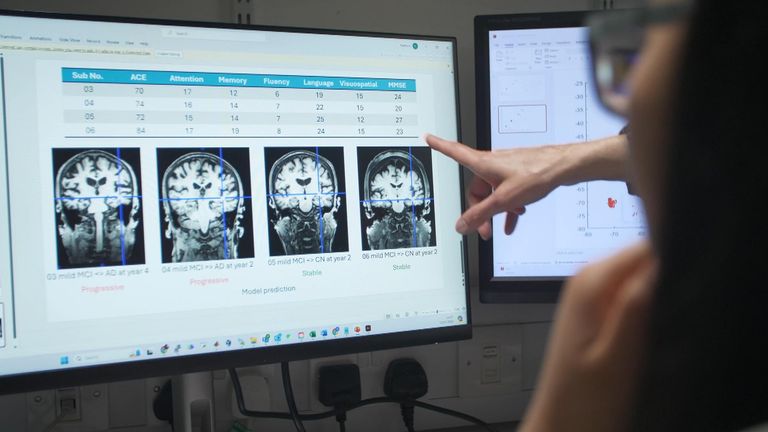Support truly
independent journalism
Support Now
Our mission is to deliver unbiased, fact-based reporting that holds power to account and exposes the truth.
Whether $5 or $50, every contribution counts.
Support us to deliver journalism without an agenda.

Louise Thomas
Editor
Toxic forever chemicals and nanoplastics can alter key proteins in human breast milk and cause developmental defects in children, two new studies have warned.
Nanoplastics and polyfluoroalkyl substances, simply known as PFAS or forever chemicals, pose serious health risks by increasing the odds of cancer, hormone imbalance, fertility issues, and developmental problems.
While nanoplastics come mainly from the degradation of plastic material, PFAS are polymer chemicals used in everyday products such as cosmetics, food packaging, non-stick frying pans, and most waterproofed clothing.
Scientists at the University of Texas at El Paso examined the impact of these toxic chemicals on three proteins critical to human development called beta-lactoglobulin, or BLG, alpha-lactalbumin and myoglobin.
The research, published recently in a pair of separate studies, revealed that nanoplastics and PFAS “completely dissolved” a region of the proteins known as the alpha helix, converting them into structures called beta sheets.
“By understanding molecular mechanisms of how nanoplastics and forever chemicals disrupt cellular functions, scientists can develop safer alternatives to these materials,” Mahesh Narayan, one of the researchers, said.
“The insights gained from this research have far-reaching implications.”
BLG is found in sheep and cow milk and is an ingredient in infant formula as well. It binds to vitamin A and fatty acids in the body and is crucial for vision and brain development in children.
When exposed to nanoparticles and forever chemicals, however, BLG’s efficiency in binding with vitamin A and fatty acids is reduced significantly, indicating these toxic chemicals may impact development in babies this way.
Nanoplastics and PFAS can also “corrupt the structure” of alpha-lactalbumin in human breast milk and may lead to compromised immunity and reduced mineral absorption in infants, the scientists said.
Myoglobin, a protein found in muscles, is disrupted in its ability to store oxygen by exposure to these chemicals, suggesting that they may cause health issues such as breathlessness and anaemia.
A similar alteration is caused by these chemicals to amyloid proteins present in the brain, hinting that they may lead to degeneration as seen in conditions like Alzheimer’s.
“This work has the potential to significantly impact public health and environmental policies, highlighting the vital role of scientific research in addressing global challenges,” said Robert Kirken, another scientist involved in the research.
Disclaimer: The copyright of this article belongs to the original author. Reposting this article is solely for the purpose of information dissemination and does not constitute any investment advice. If there is any infringement, please contact us immediately. We will make corrections or deletions as necessary. Thank you.



